On November 27, the Ho Chi Minh City Semiconductor Technology Association, in collaboration with the Management Board of Ho Chi Minh City High-Tech Park (SHTP) and the Ho Chi Minh City Trade and Investment Promotion Center, organized the "International Semiconductor 2025" Workshop with the aim of finding solutions for human resource development, while promoting research and application activities in the semiconductor industry. This event is part of a series of sideline activities of the Autumn Economic Forum 2025, bringing together a large number of experts, scientists, businesses and representatives of management agencies.
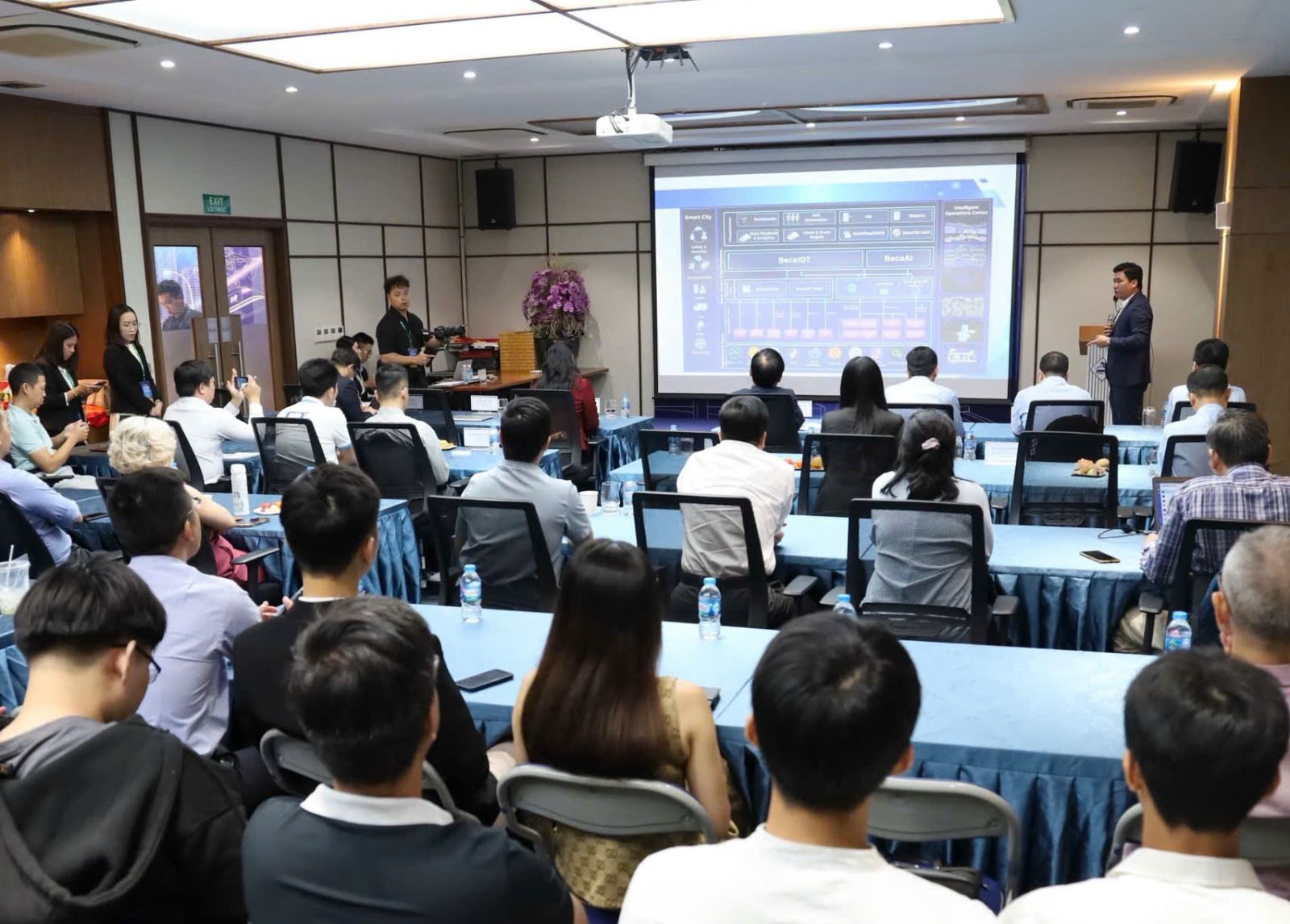
Currently, Vietnam is strengthening the connection between the three pillars of training - research - enterprises to create a foundation for the development of the semiconductor industry. At the same time, the country also sets a goal of training at least 50,000 engineers, researchers and highly qualified staff for the entire semiconductor industry chain by 2030, meeting the growing human resource needs of this strategic sector. However, the training process still faces many challenges such as limited infrastructure and laboratories, a team of lecturers lacking practical experience, as well as a curriculum that is not linked to businesses, making it difficult for students to access core technology and lack skills to meet the market.
According to Associate Professor Dr. Pham Tan Thi - Head of the Department of Science and Technology, Ho Chi Minh City University of Technology, the number of microchip engineers in Vietnam is currently about 5,600 people, while the actual demand is at least 500 engineers per year and can increase to 1,000 engineers per year in the future. However, human resources capable of designing a complete chip are still scarce, especially the team with in-depth knowledge of the production process.
In addition, the transfer of research from universities to businesses is still weak, and there are almost no startups in the chip design field. The lack of training infrastructure and limited access to practical experience for lecturers also make the quality of the curriculum not meet the requirements of this industry.
“To develop high-quality human resources, Vietnam needs more chip design and testing enterprises to invest in the market; at the same time, expand university and postgraduate training programs, helping Vietnamese engineers participate more deeply in the semiconductor supply chain, moving towards the ability to design and commercialize Made in Vietnam chips,” said Associate Professor Dr. Pham Tan Thi.
Sharing the same view, Associate Professor Dr. Le Quoc Cuong - Deputy Head of SHTP - commented that the semiconductor industry can only develop strongly when forming a "3+" cooperation model: State - Scientist - Business, with the support of international investors. According to him, this is the foundation to help SHTP move towards the role of the leading high-tech center in the country and become a launching pad for Vietnam to go deeper into the global semiconductor value chain.
Mr. Le Quoc Cuong also emphasized that building a network of inter-industry and international cooperation will create conditions for the formation of a high-quality workforce, while promoting an innovation ecosystem. From there, Vietnam can affirm its position as an important destination on the world semiconductor industry map.
Source: https://doanhnghiepvn.vn/cong-nghe/tp-ho-chi-minh-day-manh-dao-tao-nhan-luc-va-phat-trien-nganh-vi-mach-ban-dan/20251128101000723








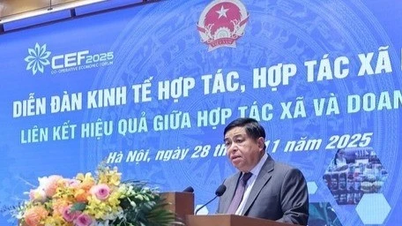



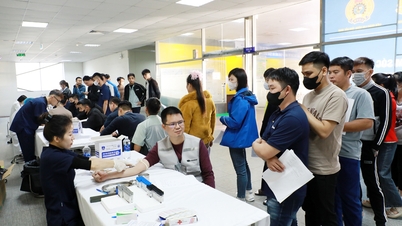

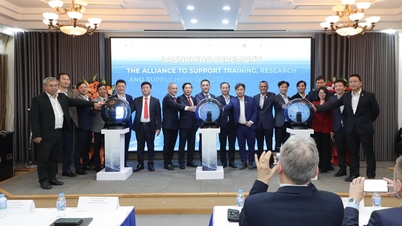





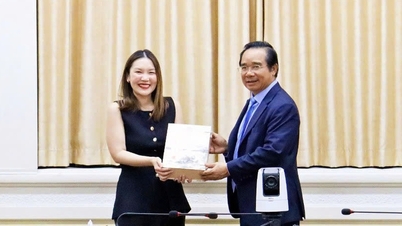




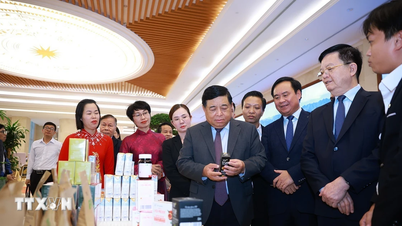








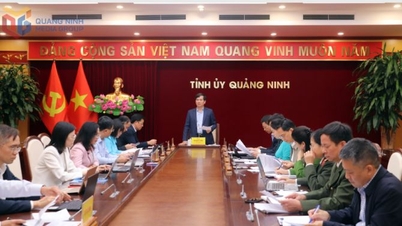
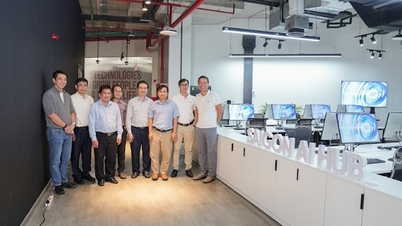




















































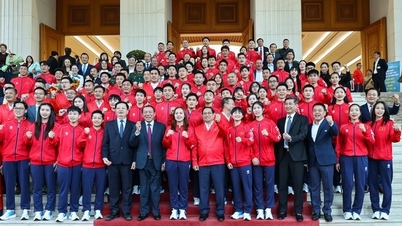




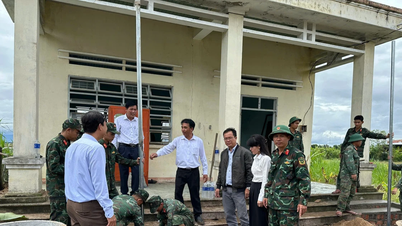


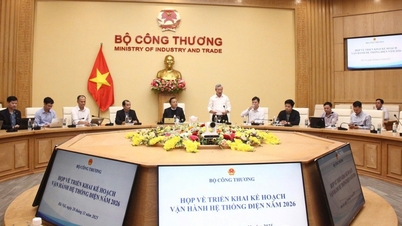














Comment (0)